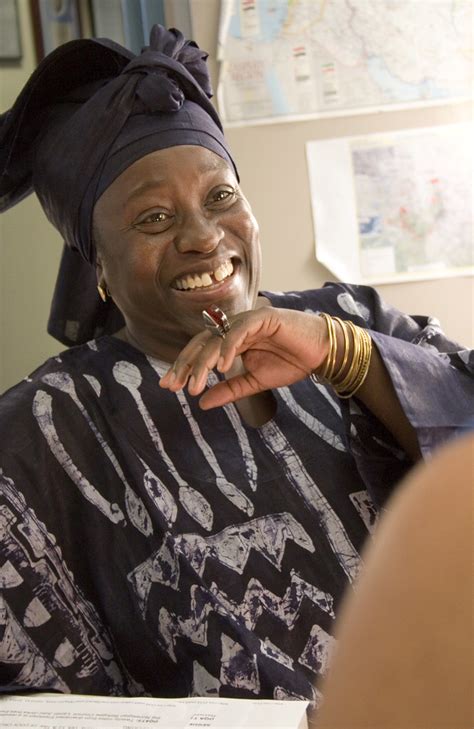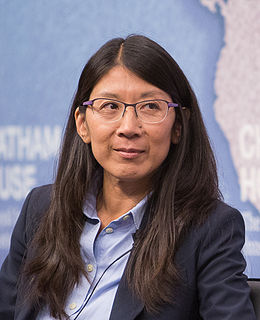A Quote by Tom Frieden
We have to keep up our guard. We won't get the risk of Ebola to zero in the U.S. until we stop it in West Africa. And Ebola is hard to fight. It requires intensity. It requires speed and flexibility.
Related Quotes
See, Ebola, like all threats to humanity, it's fueled by mistrust and distraction and division. When we build barriers amongst ourselves, and we fight amongst ourselves, the virus thrives. But unlike all threats to humanity, Ebola is one where we're actually all the same. We're all in this fight together.






























